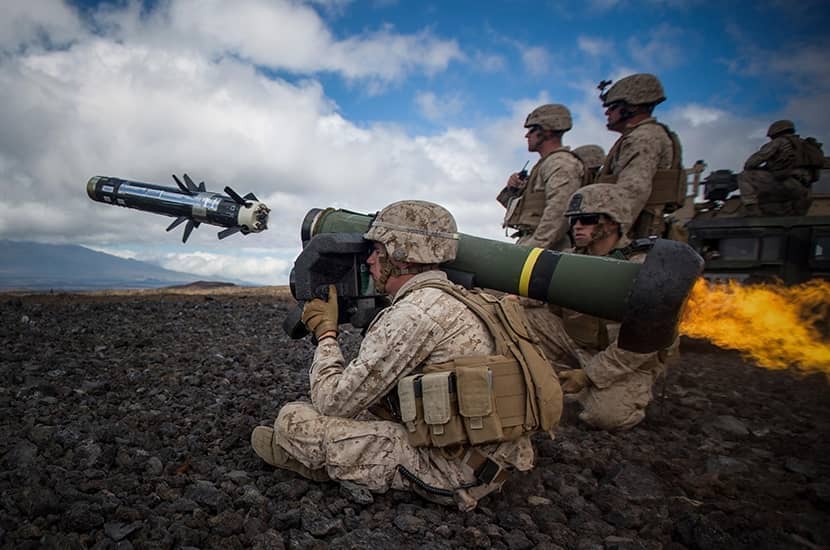‘We’re at war!’ said the taxi man as I installed myself for the long drive to Marseille. I put a fist to my mouth and tooted my imaginary bugle. But world war three – as he saw it – was no joking matter. My tootling bugle irritated him and his voice rose by a querulous octave. Didn’t I realise? Everything has changed since this morning! European politics had changed! French politics had changed! Who was now going to vote for a political novice like Zemmour, for example?
Horizontal in its dashboard holder, his smartphone was showing a three-cornered TV debate on a rolling news channel. He turned up the volume. Everyone was yelling at once, including the presenter. He turned the pandemonium down a bit. And thus we sped down the outside lane of the A8 motorway, driver and back-seat passenger leaning forward, glued to the tiny television screen.
The presenter restored order and gave the floor to an old man who spoke gravely and in measured terms. The taxi driver flapped his fingers at me as if he’d burned them. In other words, the man now speaking had a reputation in France for a red-hot intellect. What this guy was saying I don’t know. On the telly or the radio – shame on me – I can’t follow it even when they are speaking gravely and in measured terms. But it’s no great loss. The French national conversation on the mainstream news channels is strangely much the same as the British one, and as pedagogical.
At Marseille the driver dropped me off at the usual hospital entrance and I took the usual lift to the first floor and gave my name to the same hard-faced woman and chose the same orange waiting-room chair. While I waited, I hoped that the scan results would be much the same as usual – which is to say largely positive.
Punctually the oncologist showed me into his office and said the state of my guts was roughly the same. Good. But the bone scan showed five new lesions. Bollocks. He instanced the left hip and right shoulder blade. Then, with trembling fingers poised over his keyboard, the oncologist, a dear, humble, brotherly man, said, in rather good idiomatic English: ‘We have no time to lose. Now we must act quickly.’ And as good as his word his fingers dropped to the keys and he began to hammer away at them.
I leaned forward and watched the small sentences lengthen on his computer screen. He was writing a referral letter, he explained. I must excuse him but because there was no time to lose he would explain everything while he typed, he said. He was starting me on an experimental new treatment, he said, looking up to check his writing on the screen. I would be injected with a marker, then scanned. If the tumours gave themselves away by excreting a particular discoverable substance (most do; some don’t) this new weapon in his oncologists’ arsenal would home in like a Javelin missile and hopefully destroy them.
I’d never seen anyone type so fast. He continually made errors and had to bash delete and closely realign the cursor. To me it was gobbledegook, this French letter written in the nick of time, but I watched his composition grow and was glad he was on my side and had something up his sleeve. ‘Any pain yet?’ he said, screwing up his face in frustration at another error. ‘No,’ I said. Return. New sentence. Monsieur Clarke currently reports no douleur.
He hammered away for about 15 minutes, then smashed ‘send’.
‘Is there anything you want?’ he said, meaning: ‘in the way of prescription drugs?’ An opportunity not to be missed, this, and I took full advantage, naming my poison. ‘Which strength?’ he said. We agreed the maximum. Not that I needed anything of whatever strength. Always handy to have in the cupboard as a morale booster, though. While he scribbled on his prescription pad, I checked myself again for pain in case it had started while he was writing the letter. Nothing yet. He stood up. I stood up. He marched me to the door. I thanked him with a bow. He waggled his eyebrows cheerfully at me.
The waiting taxi driver filled me in on the latest death toll as I climbed in the back. Most of his business comes from ferrying invalids from the villages to the city hospitals. I told him about the proposed experimental new treatment. Experimental or not, the taxi driver knew all about it. He knew the cancer playbook from cover to cover and comfortingly dismissed this new treatment with a hand flap as though in his estimation I was still in the cancer foothills and had nothing to worry about. And then we returned to his greater anxiety about the war, and we speculated about its course, and whether Poland was next.







Comments